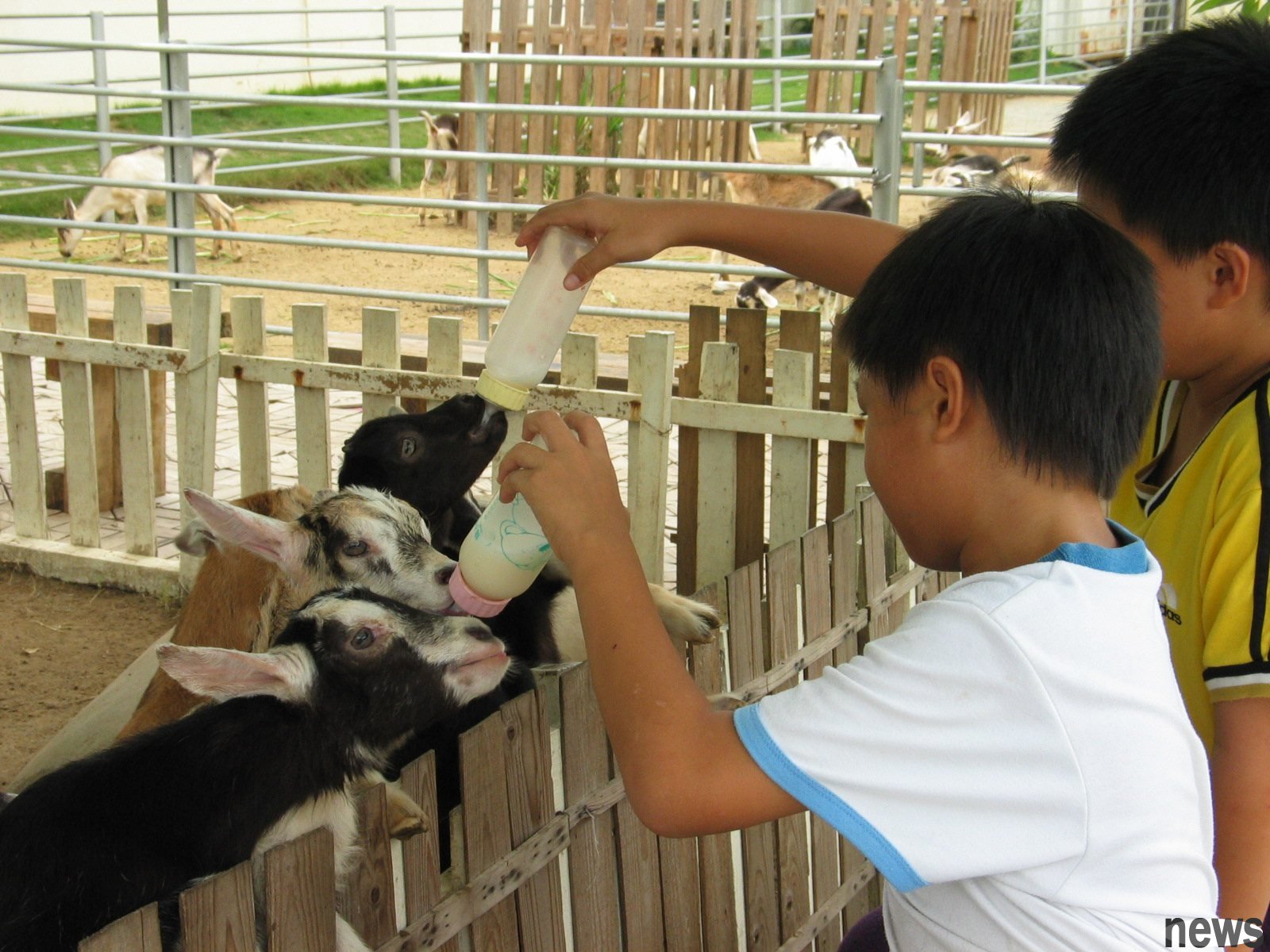
The Ministry of Agriculture Defense Inspection Department announced that during routine sauna monitoring, "Brillomyces" was detected at the Pingtung County sauna, with three sheep diagnosed with sauna. The Department of Disease Control and Administration has informed the Pingtung County Health Bureau that the Pingtung County Health Bureau carried out relevant staff registration, health care and related education on the yang site.
Will this disease be infected to humans? Can goat milk be drunk with peace of mind? The joint report compiles seven related QAs based on the information of the Department of Disease Control and the explanation of the doctor to help the public solve their problems at once.
Q1: Does rosin cerevisiae infect humans?A1: Brucelide disease is the fourth legally banned infection in our country and is an zoonotic infection. Humans may be infected by contacting infected animals or eating dairy products. Private cheese making in some areas with poor inspections are common causes of illness among travelers. Human infections are rarely seen, but they can be transmitted to babies through breast milk, and sexual intercourse and organ transplantation may also be transmitted.
Huang Gaobin, deputy director of the China Affiliated Medical Infection Control Center, said that ordinary people do not need to worry about going to livestock farms. Livestock farm workers will contact animal excrement and secretions, so the risk is higher.
Q2: What symptoms will occur if the infection occurs?A2: Mainly continuous, intermittent or irregular fever, it can also cause influenza-like symptoms, such as swelling, sweating, head pain, back pain and weakness in the limbs. In severe cases, it can even cause diseases of the Zhongle nerve system. If the animal is infected with Bruceliac disease, the main characteristics are miscarriage and orchitis, which cause less fever or systemic diseases.
Q3: How to treat infected people?A3: Huang Gaobin said that the mortality rate after infection is not high, and it is difficult to diagnose the symptoms in clinical practice. Although there are no respiratory symptoms, symptoms such as systemic pain and head pain are difficult to distinguish from other infection areas. They usually rely on bacterial cultivation to confirm; generally speaking, they will follow the results of sensitive tests and choose appropriate antibiotics for treatment.
Q4: How can the public prevent it?A4: When traveling to high-risk areas, you should avoid eating raw (raw drinks) beef, lamb, animal milk, cheese, ice cream and other dairy products, or excessive contact with animals. If you are an animal worker, you should wear gloves and other protective gear. In addition, cancer patients who have undergone chemistry, HIV-infected people, organ transplants, or immunosuppressive drugs should not be treated with infected pets.
Q5: Where are the risks of Bruceliac disease higher?A5: It is more common in countries with poor animal epidemic prevention and epidemic prevention, especially in Mediterranean coastal countries, such as Portugal, Spain, southern France, Italy, Greece, Turkey, Africa, Central East, Eastern Europe, Asia, South America, Central America, and Caribbean countries.
Q6: Have human infection with Brucelide disease occurred in my country recently?A6: Taiwan is not a Brucetosis epidemic area, but in recent years, several overseas immigrant cases have been found in Africa and Southeast Asia. Since 1 overseas immigrant case was 1 overseas immigrant case in 2015, there have been no local or overseas confirmed cases.
Q7: Can goat milk be drunk with peace of mind?A7: The Prevention Inspection Department stated that all goat milk commercially available in China is treated with the Pasteurized Bacteria method, which can effectively kill Brucea. Therefore, the commercially available goat milk is safe and the public can buy it with peace of mind.
Huang Gaobin also said that goat milk can still be consumed normally, but it is not recommended to drink goat milk in clinical practice, because goat milk has a higher fat composition than cow's milk and lacks B12 and smoking acid, which may cause blood loss.
